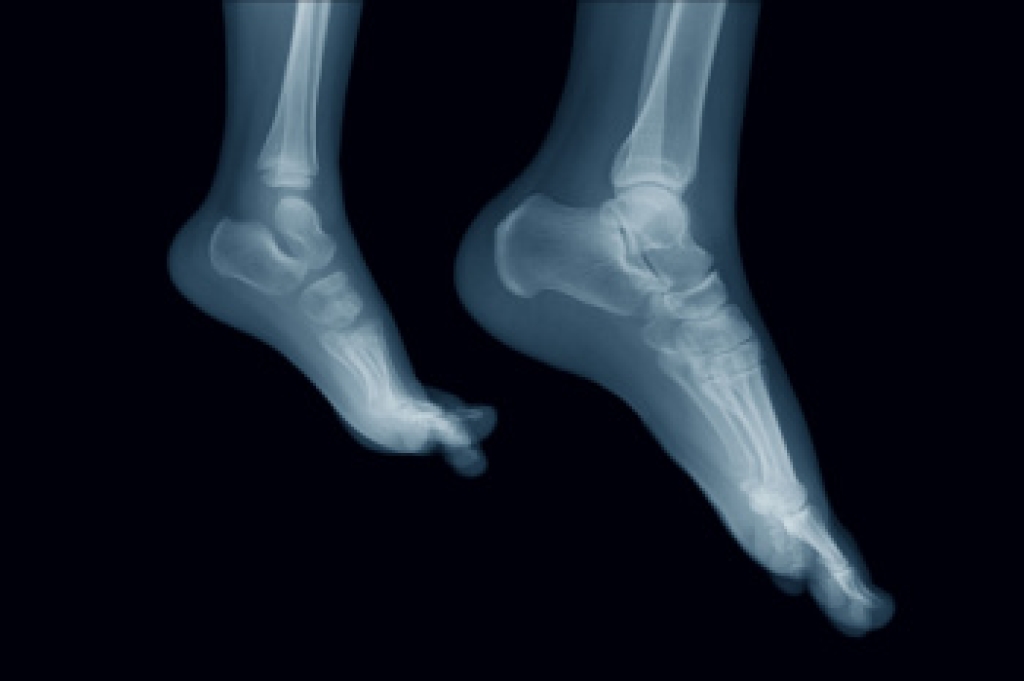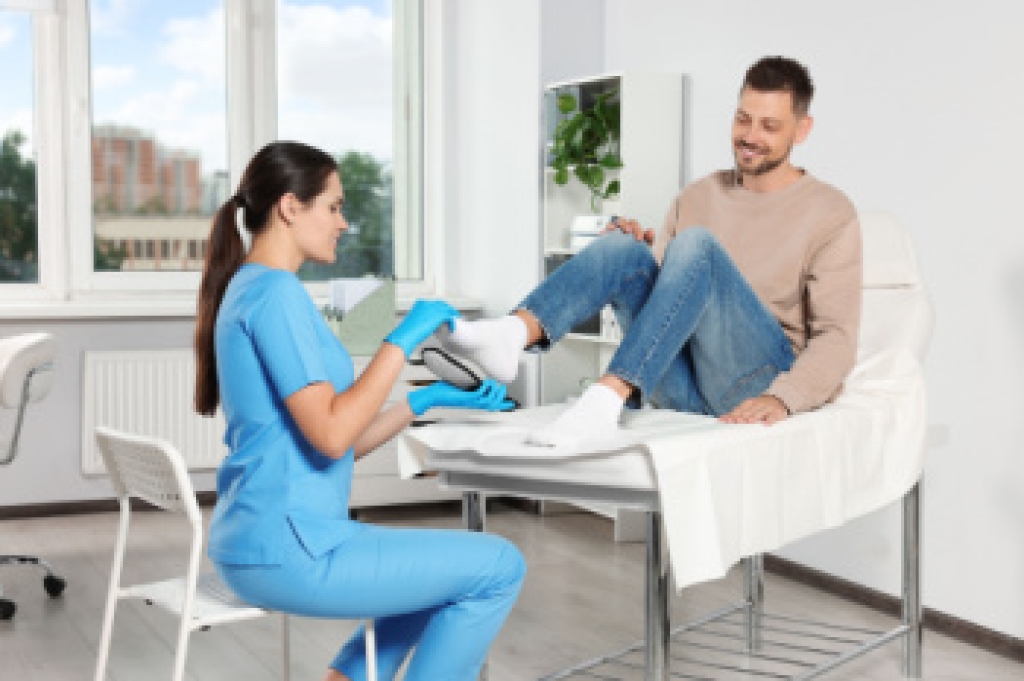
The foot is a complex structure made up of bones, joints, muscles, tendons, and ligaments that work together to support the body. This intricate design allows the foot to be strong enough for weight-bearing while remaining flexible for walking, running, and balance. The joints of the foot provide movement and shock absorption, while tendons and ligaments stabilize the foot and guide motion. Muscles help control posture and adapt to different surfaces during daily activities. Maintaining a balance between strength and flexibility is essential for proper foot function and injury prevention. When this balance is disrupted, pain, fatigue and instability may occur. A podiatrist can help by evaluating foot structure alignment and movement patterns. Care may include treatment for pain, injuries, or deformities, as well as recommendations for supportive footwear or custom orthotics. If you have foot pain, it is suggested that you consult a podiatrist who can accurately diagnose and treat various foot and ankle conditions.
If you have any concerns about your feet, contact Richard Galperin, DPM from Texas. Our doctor can provide the care you need to keep you pain-free and on your feet.
Biomechanics in Podiatry
Podiatric biomechanics is a particular sector of specialty podiatry with licensed practitioners who are trained to diagnose and treat conditions affecting the foot, ankle and lower leg. Biomechanics deals with the forces that act against the body, causing an interference with the biological structures. It focuses on the movement of the ankle, the foot and the forces that interact with them.
A History of Biomechanics
- Biomechanics dates back to the BC era in Egypt where evidence of professional foot care has been recorded.
- In 1974, biomechanics gained a higher profile from the studies of Merton Root, who claimed that by changing or controlling the forces between the ankle and the foot, corrections or conditions could be implemented to gain strength and coordination in the area.
Modern technological improvements are based on past theories and therapeutic processes that provide a better understanding of podiatric concepts for biomechanics. Computers can provide accurate information about the forces and patterns of the feet and lower legs.
Understanding biomechanics of the feet can help improve and eliminate pain, stopping further stress to the foot.
If you have any questions please feel free to contact our office located in Oak Cliff section of Dallas, TX . We offer the newest diagnostic and treatment technologies for all your foot and ankle needs.




